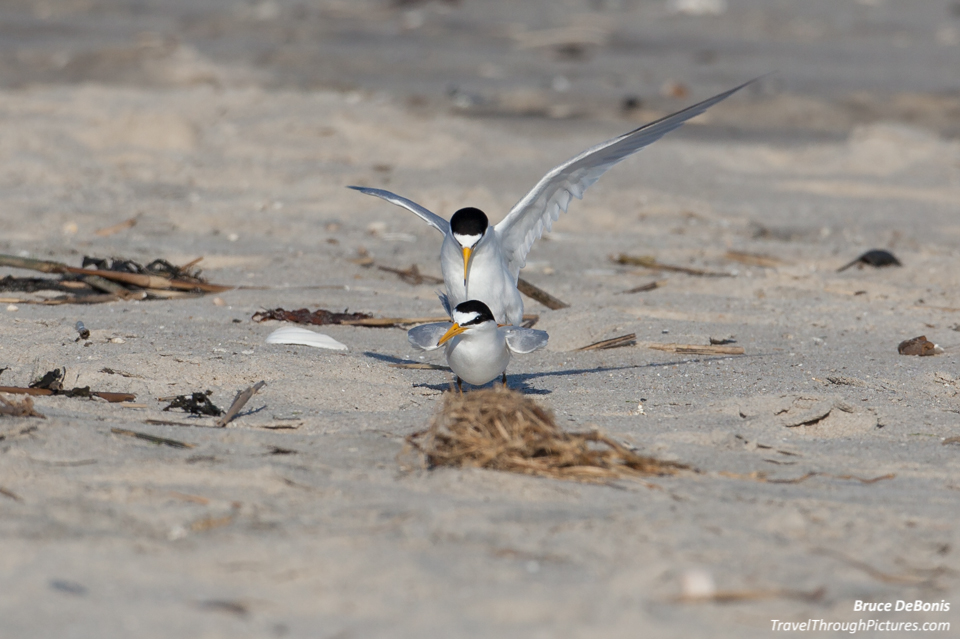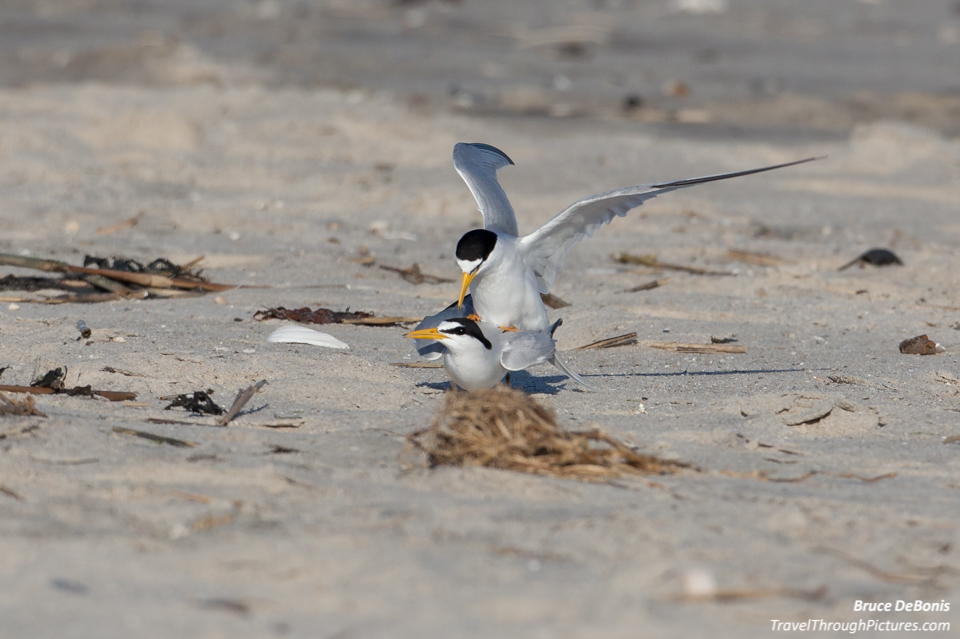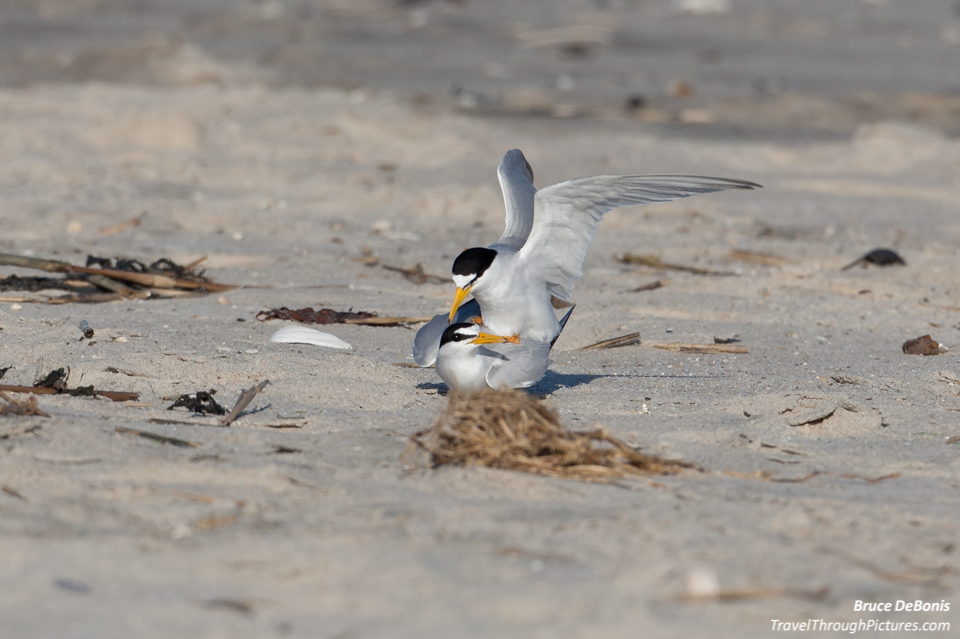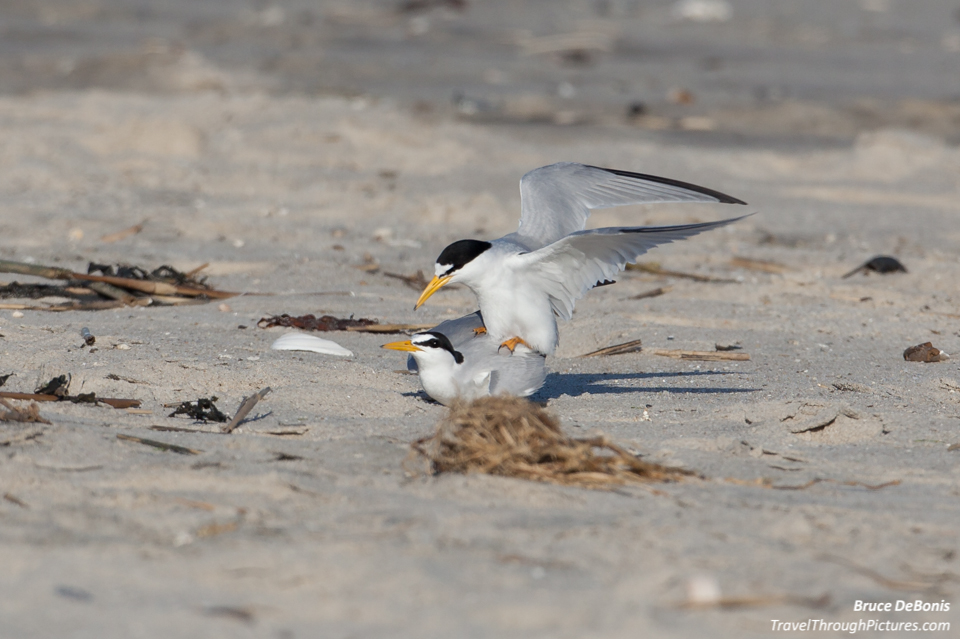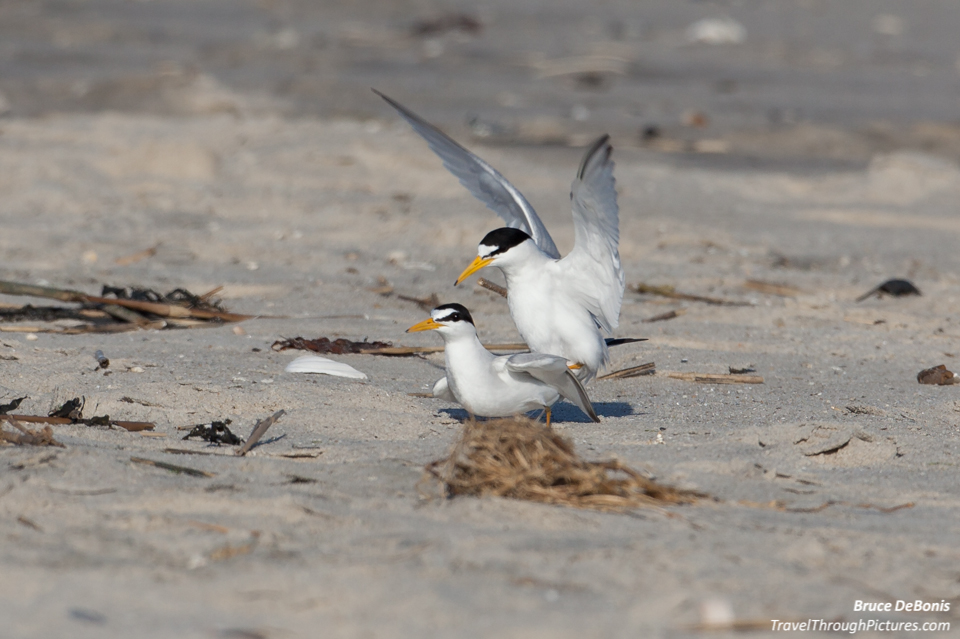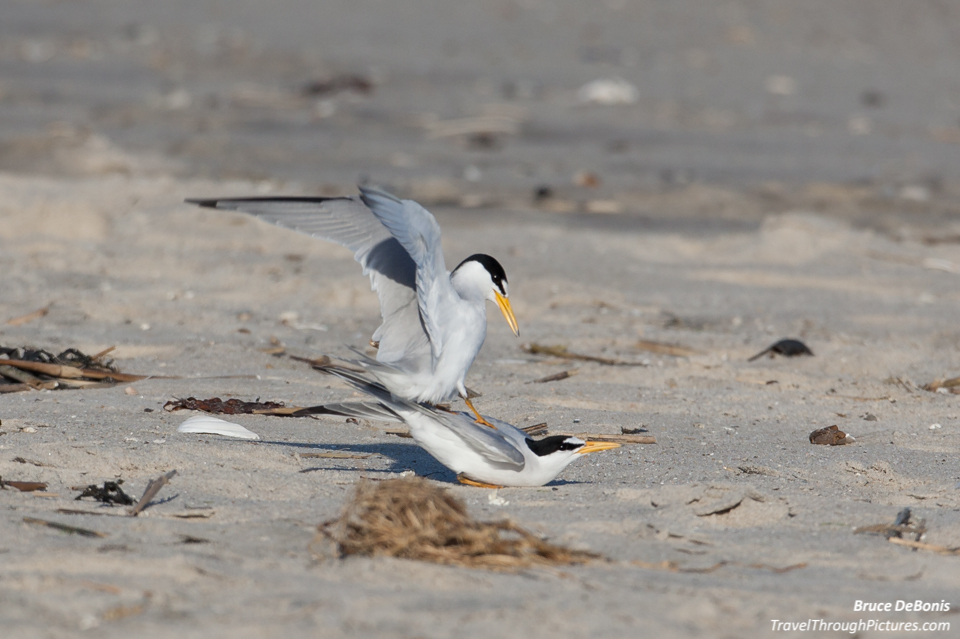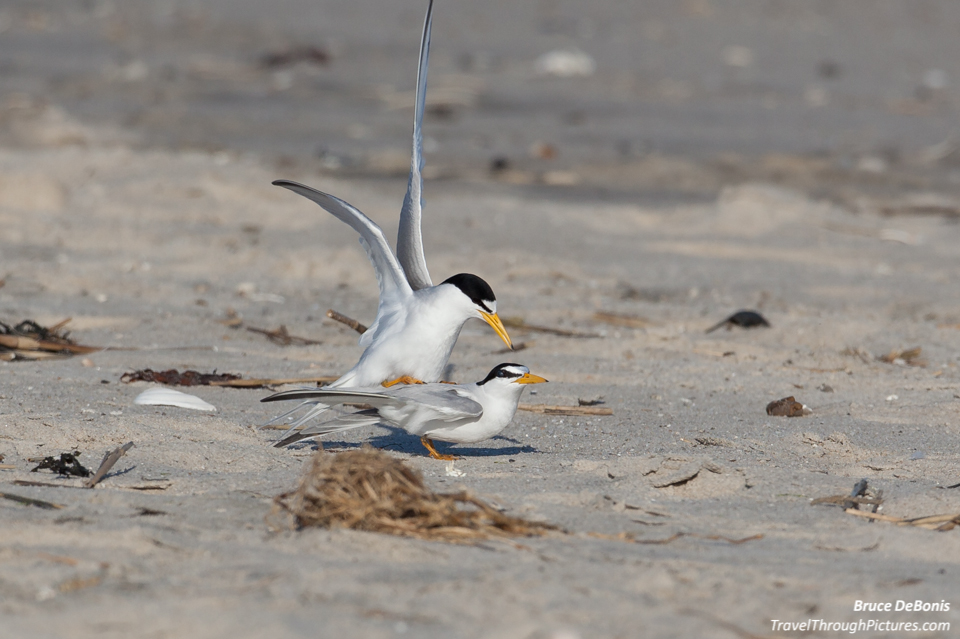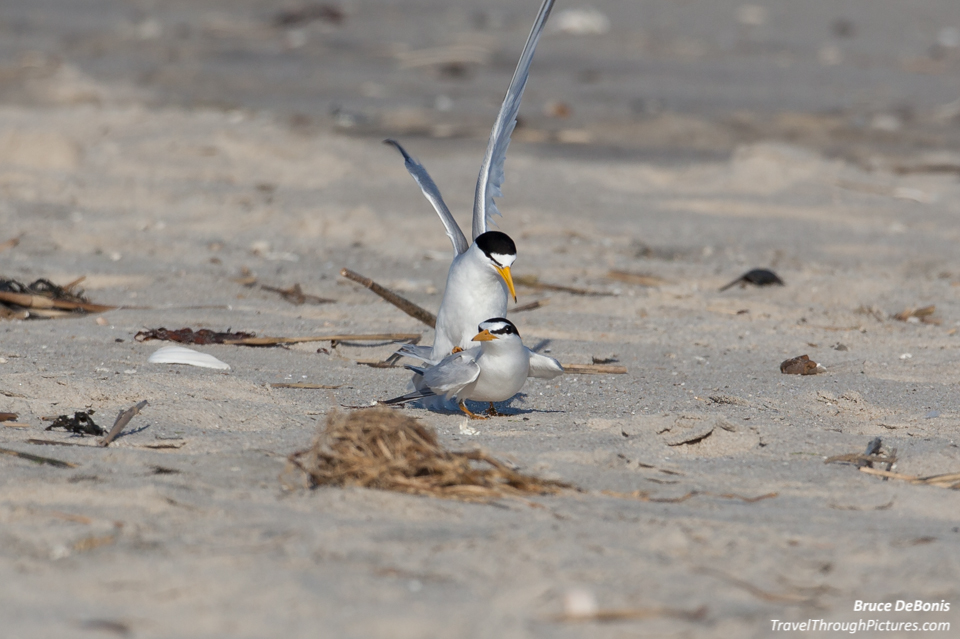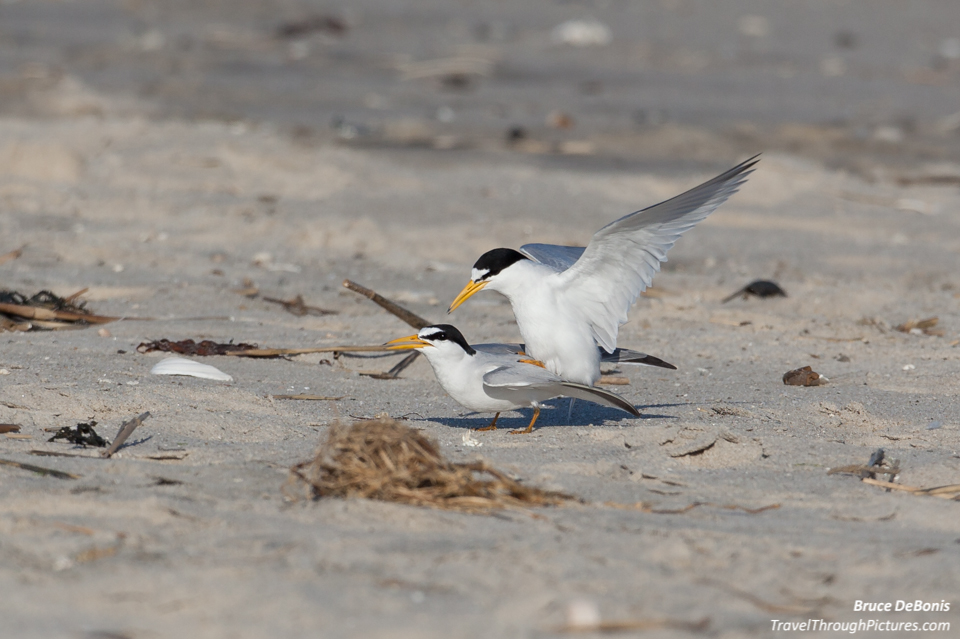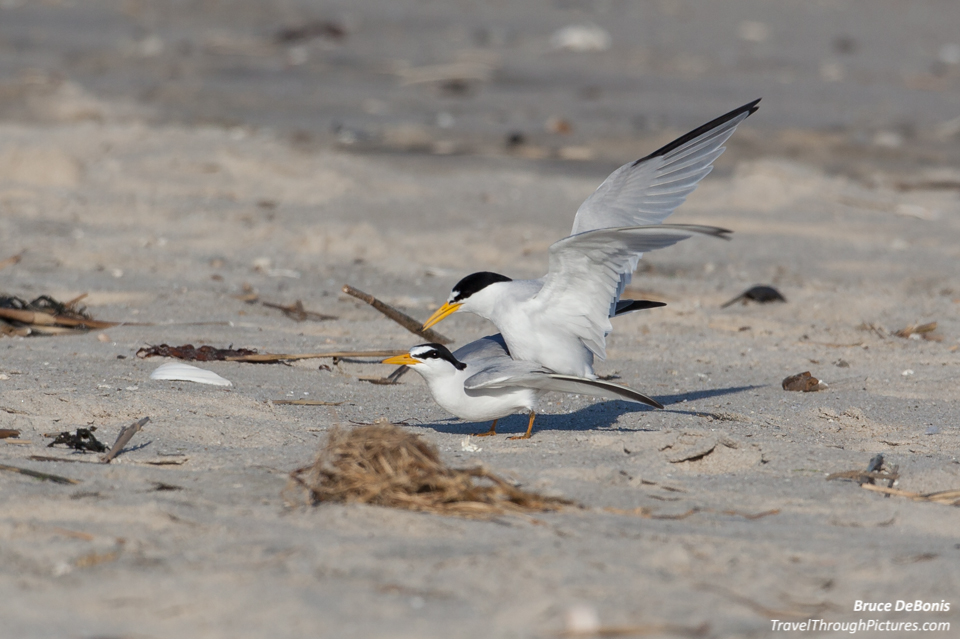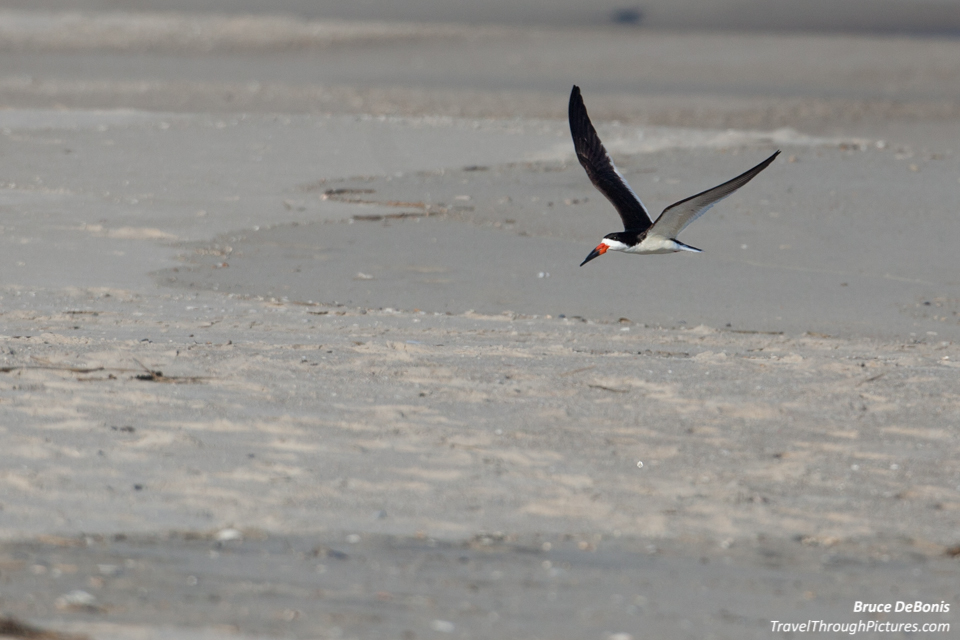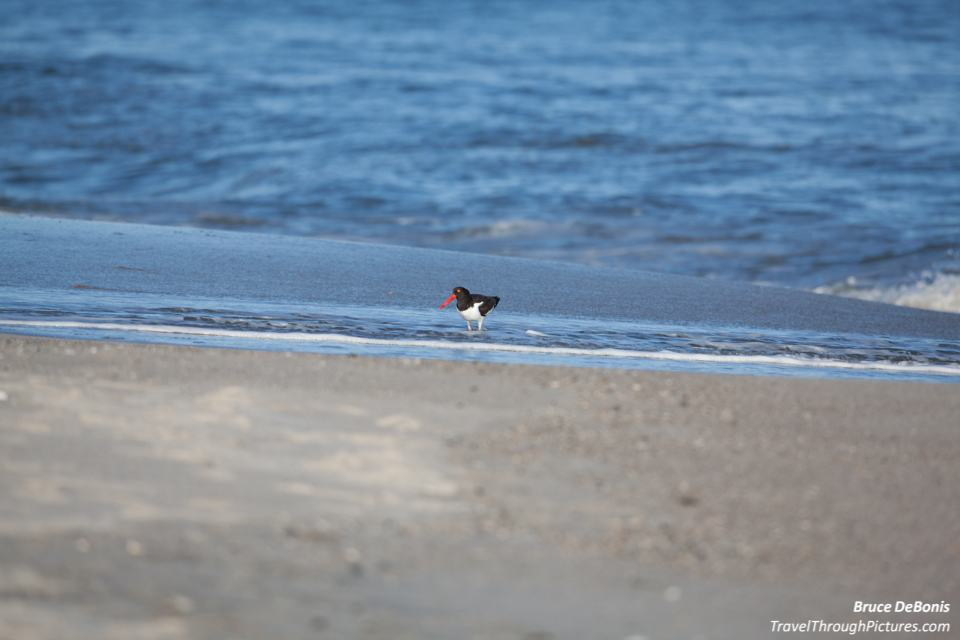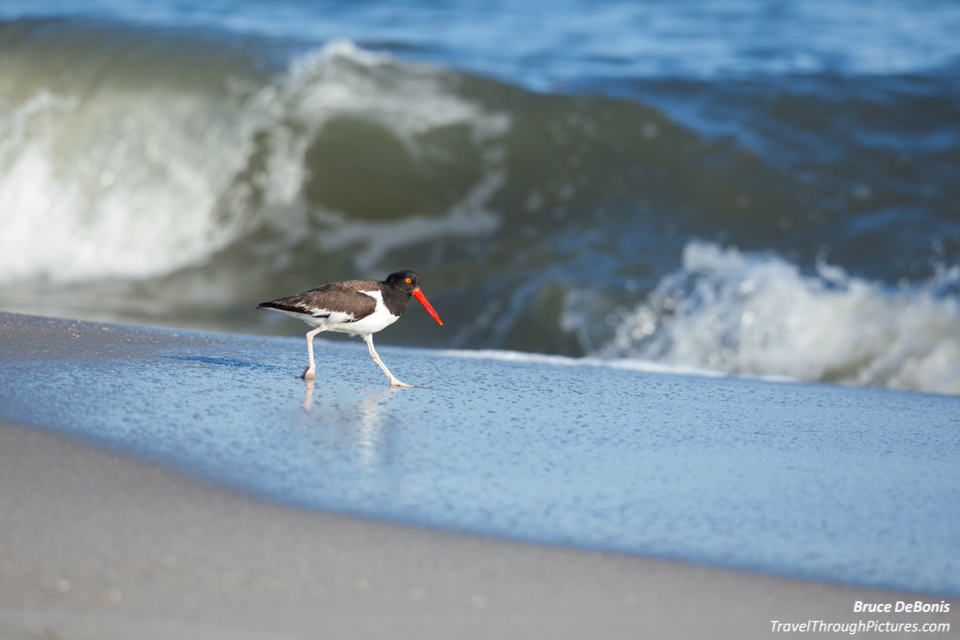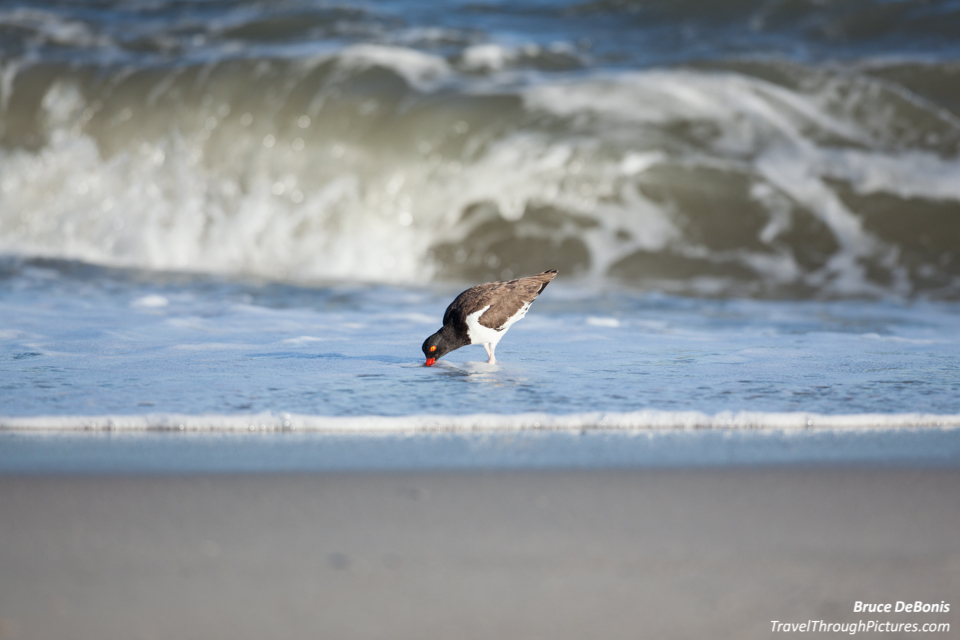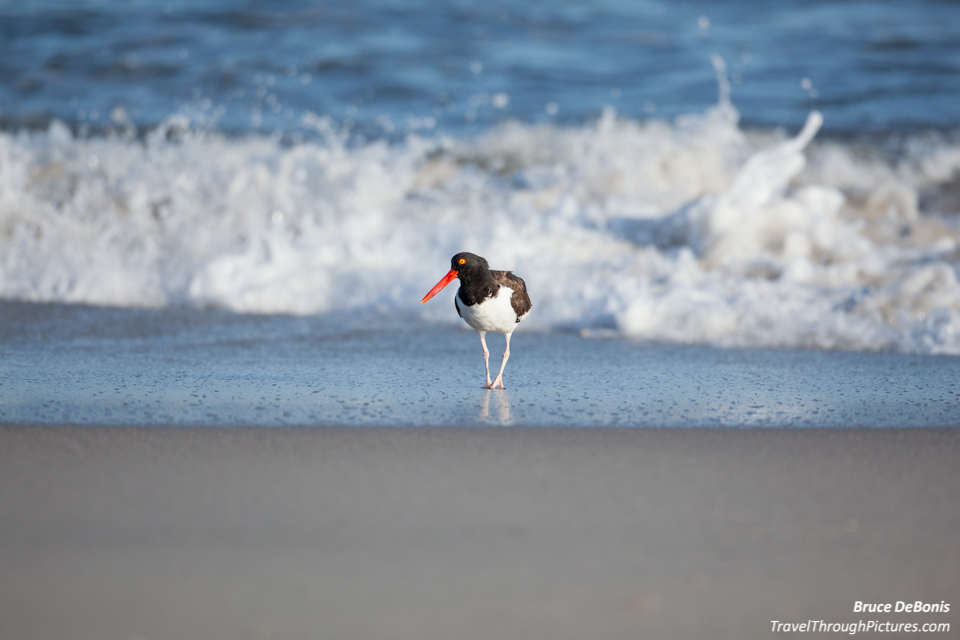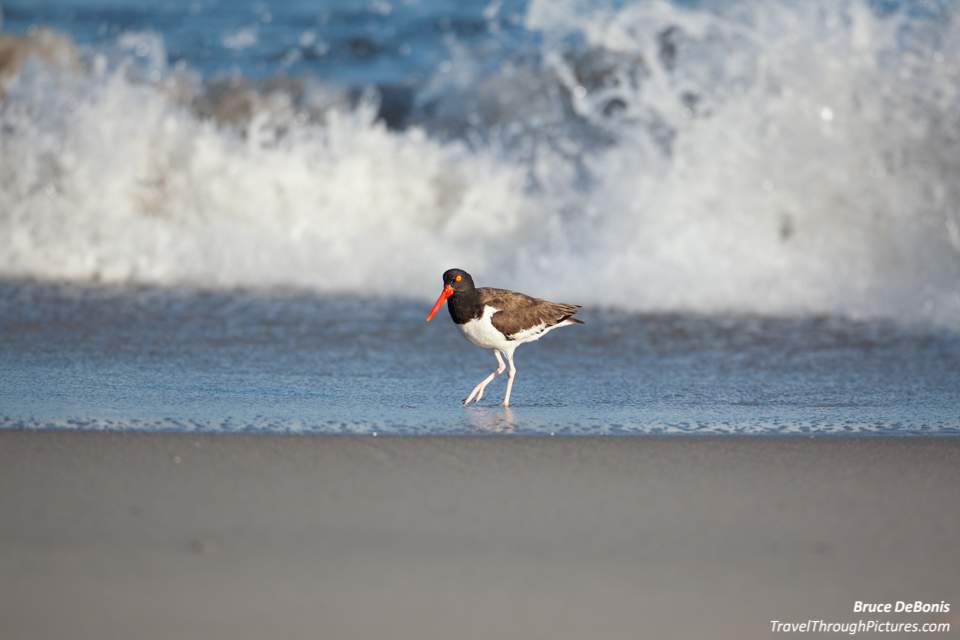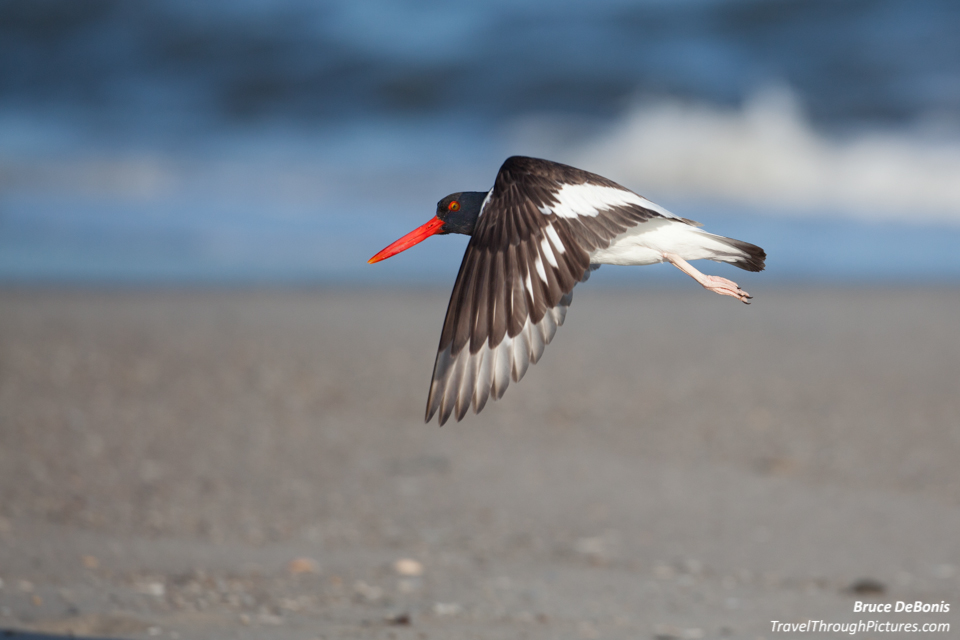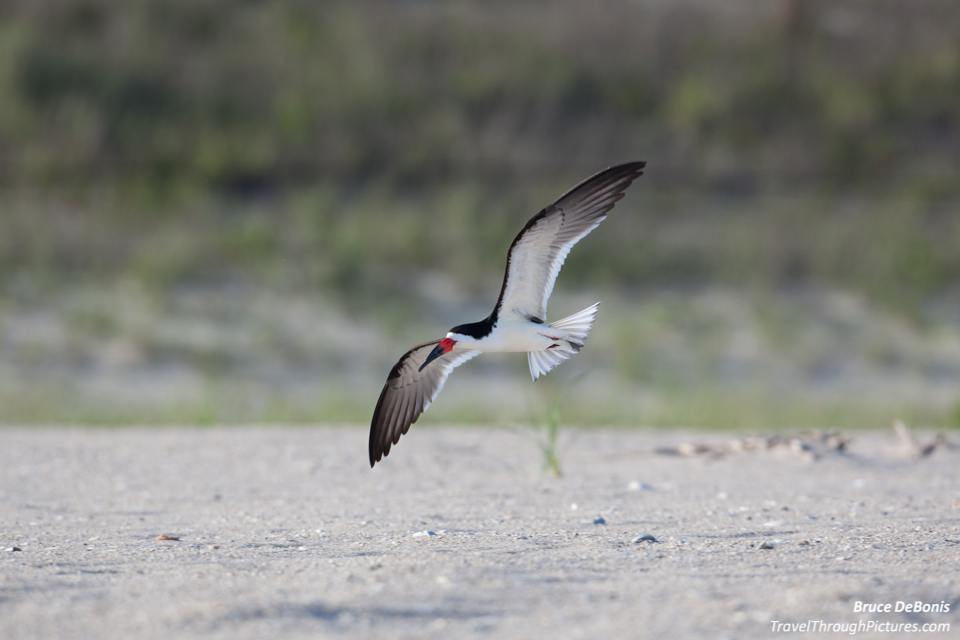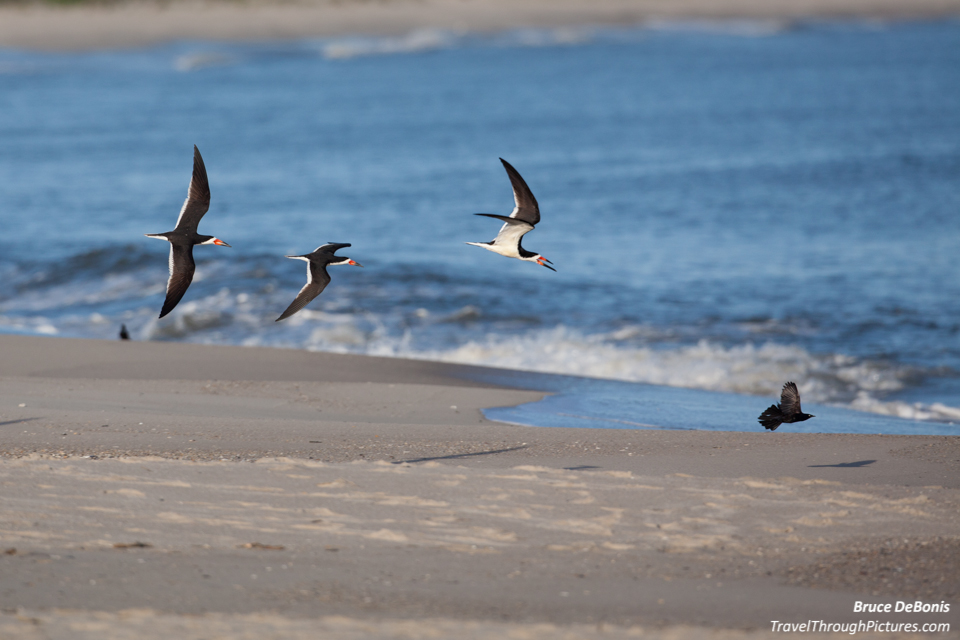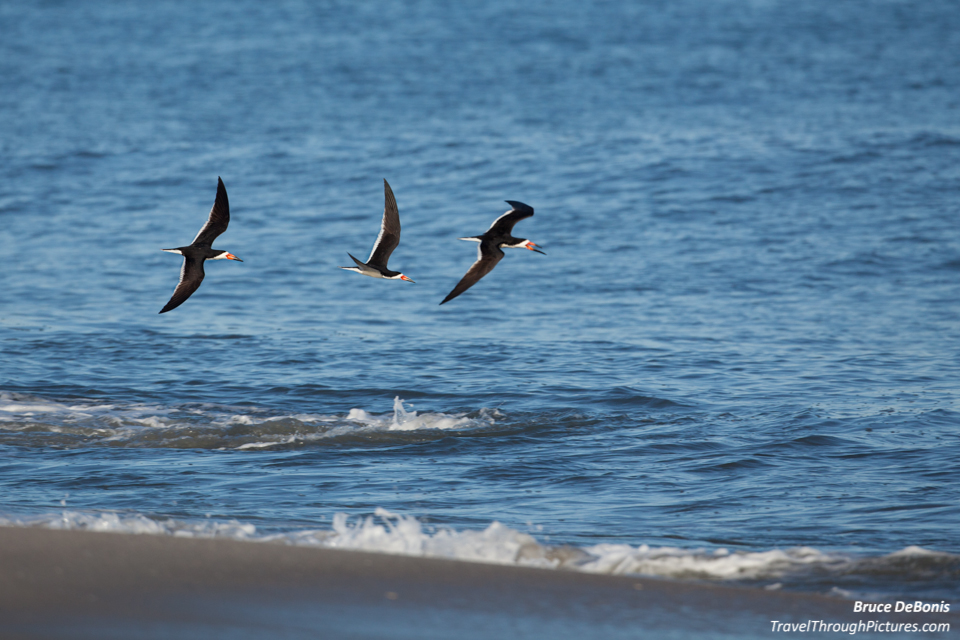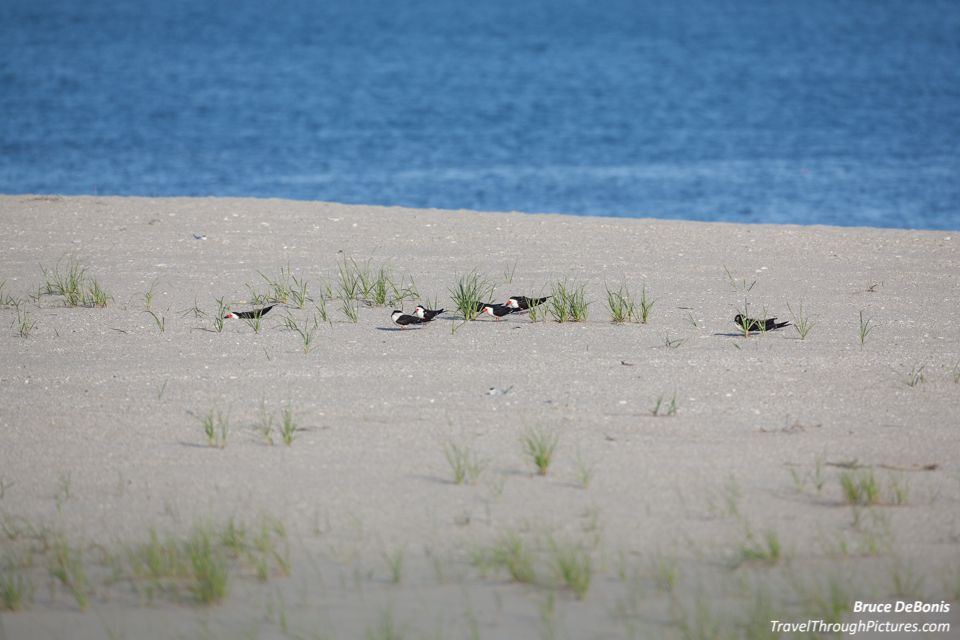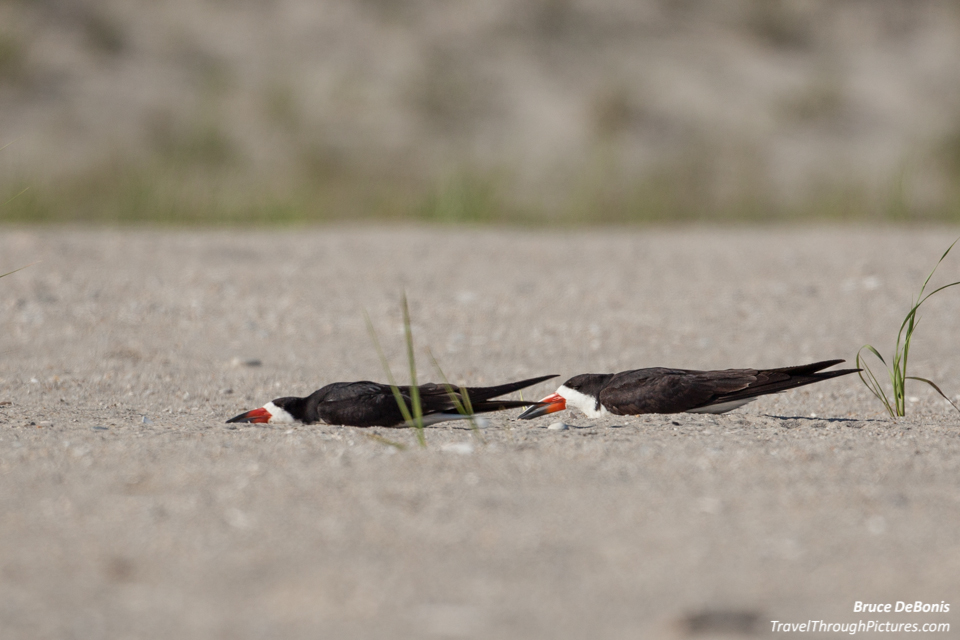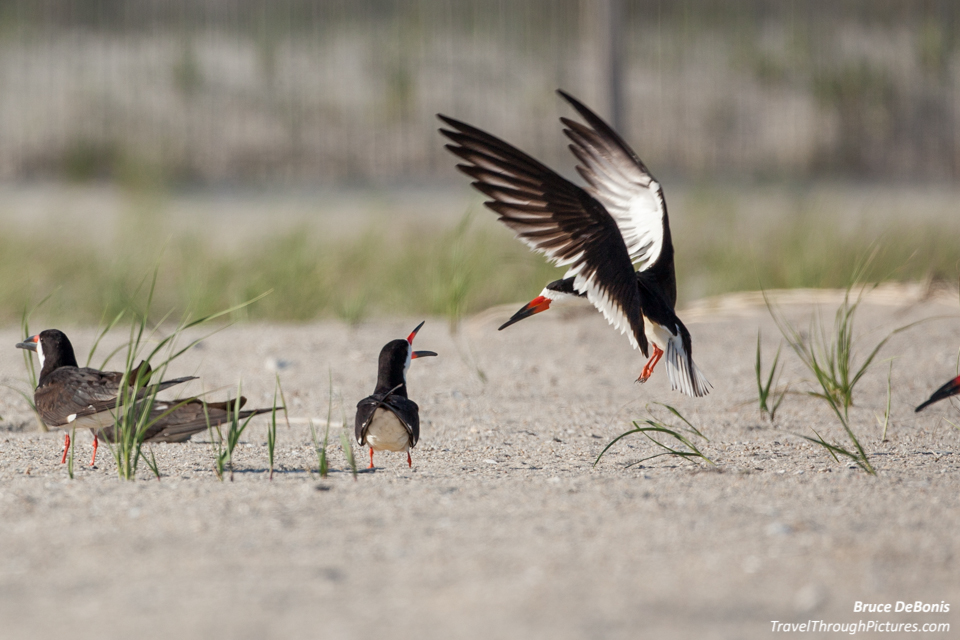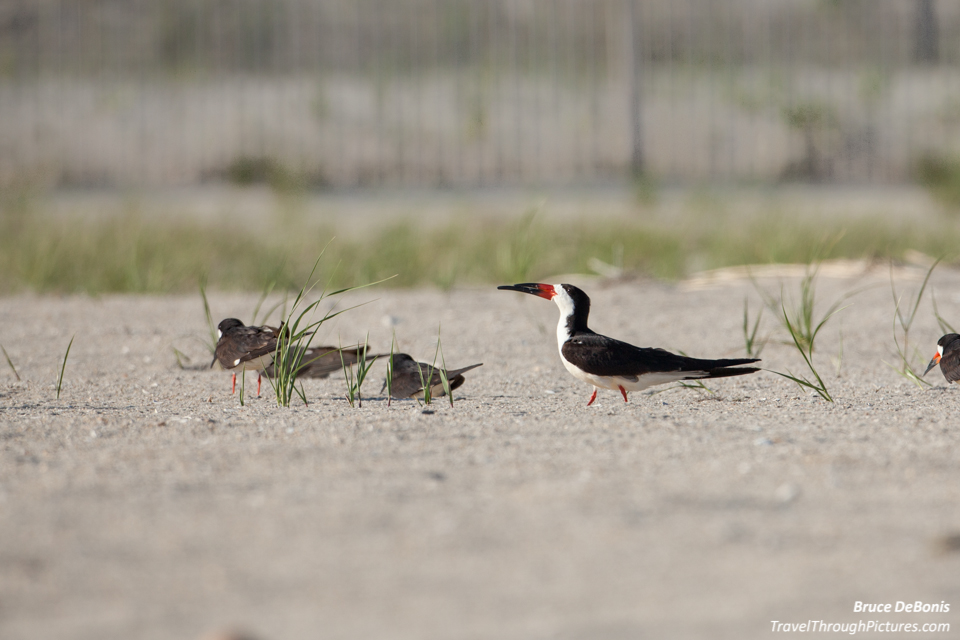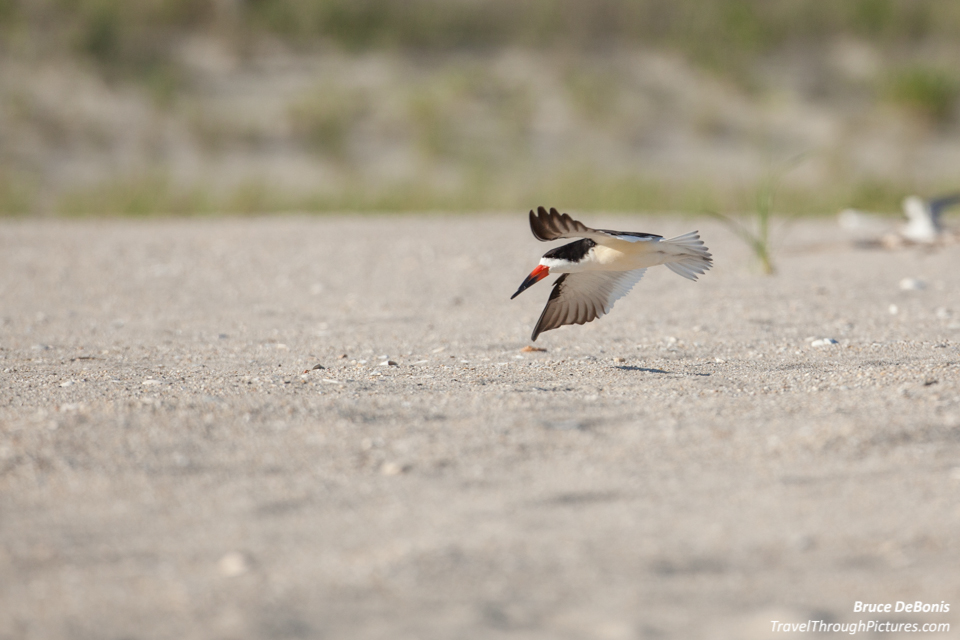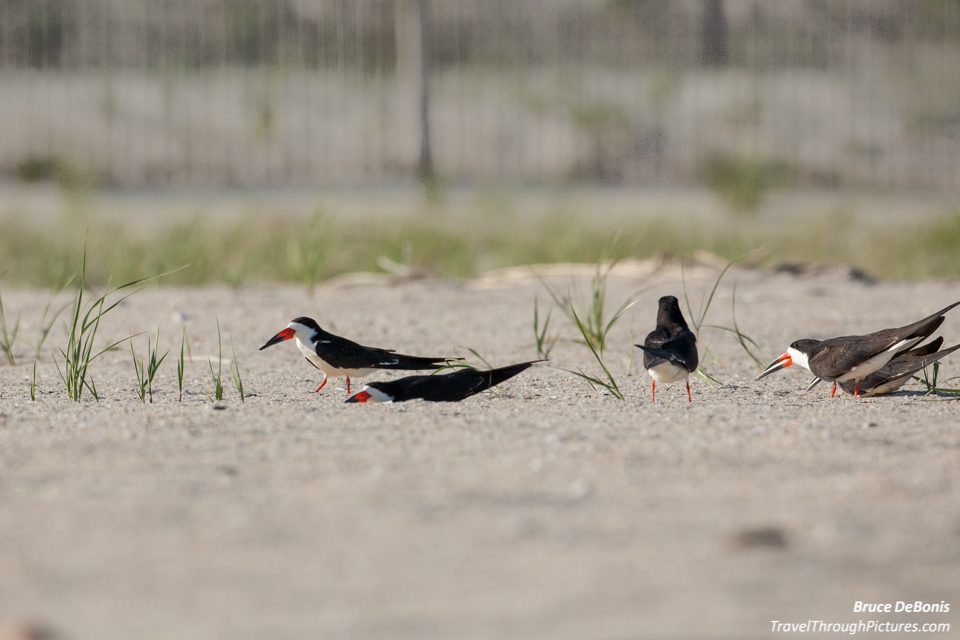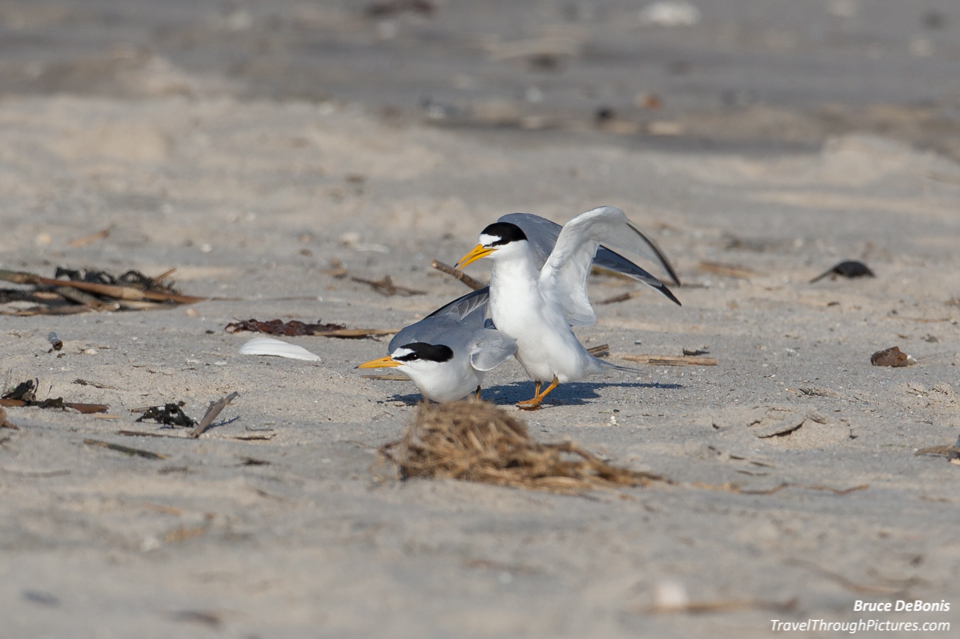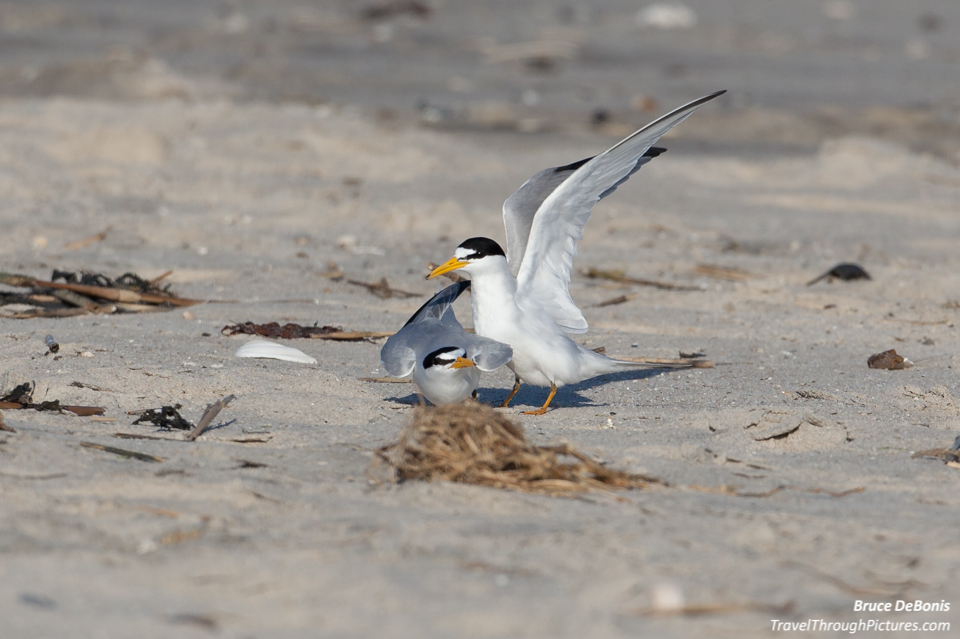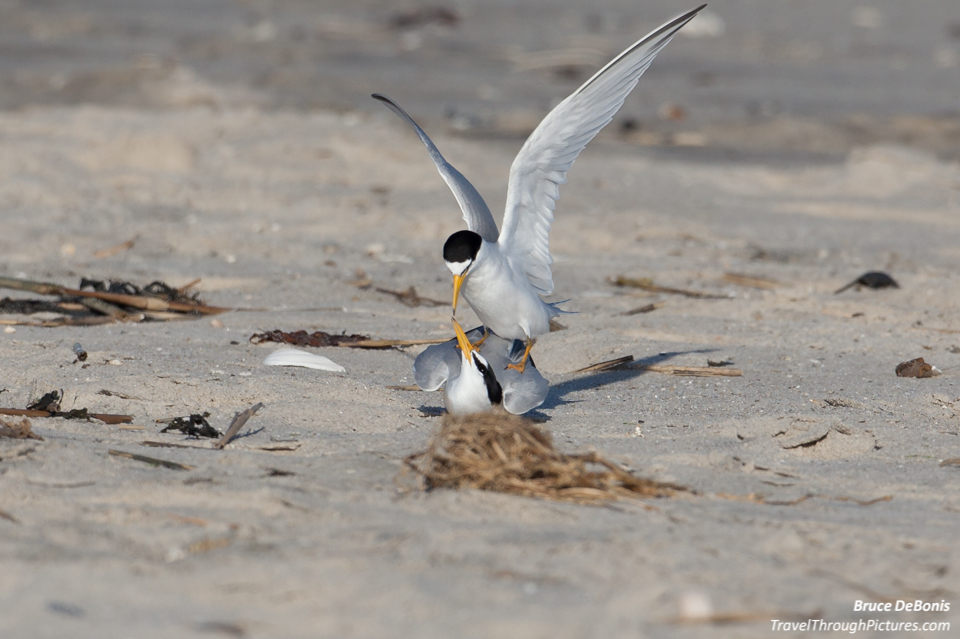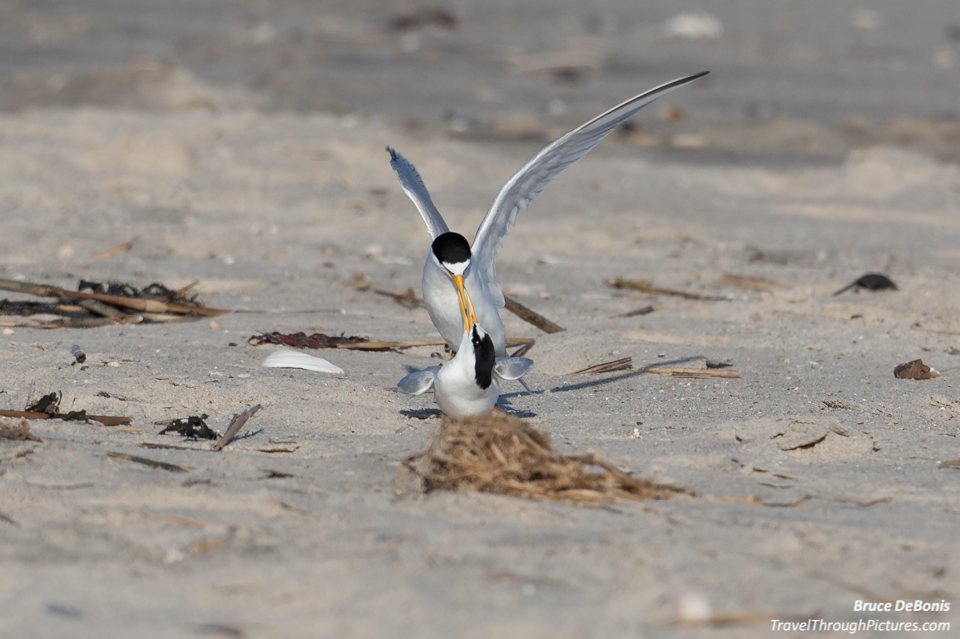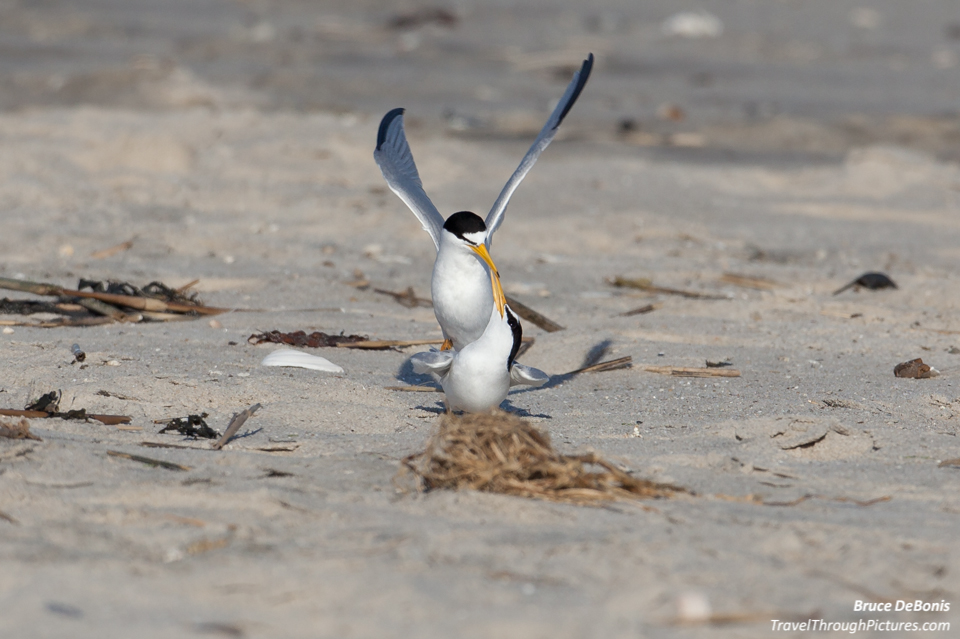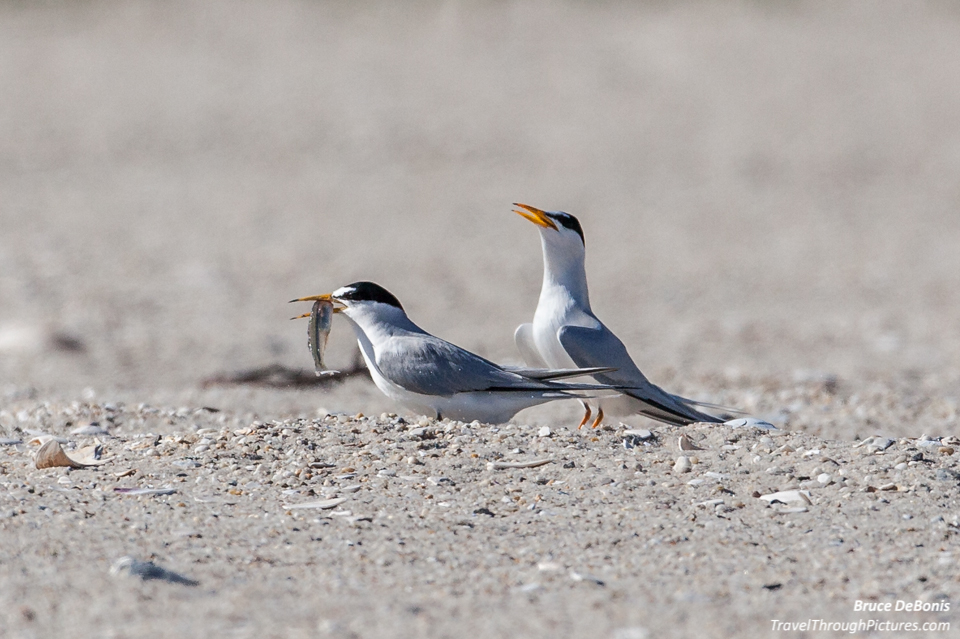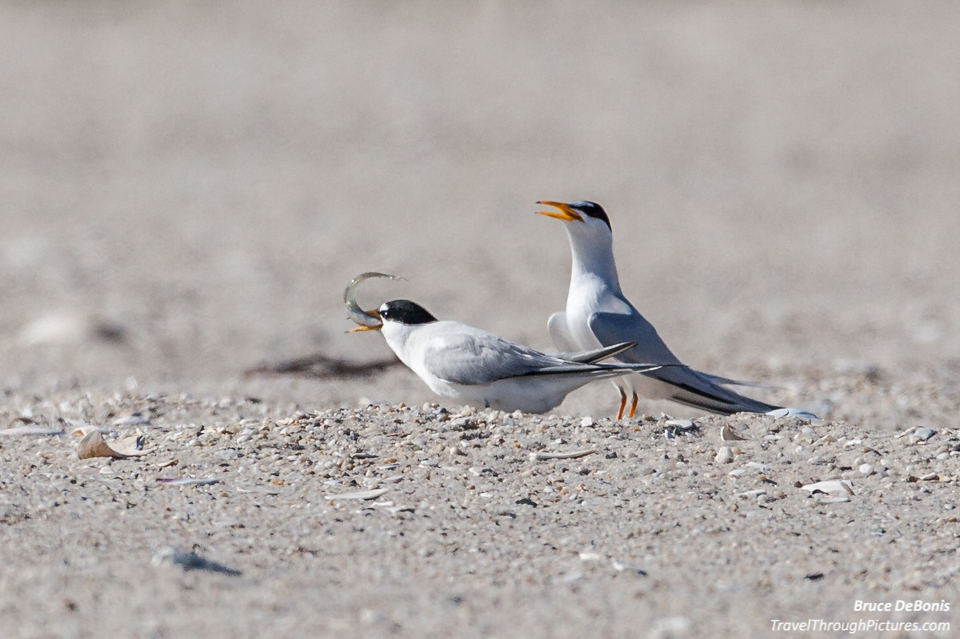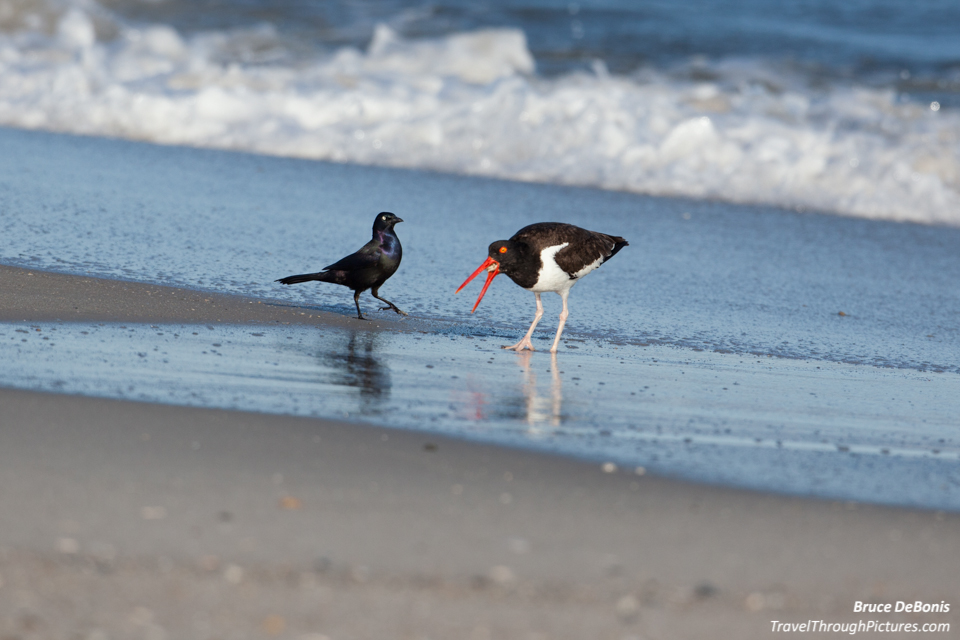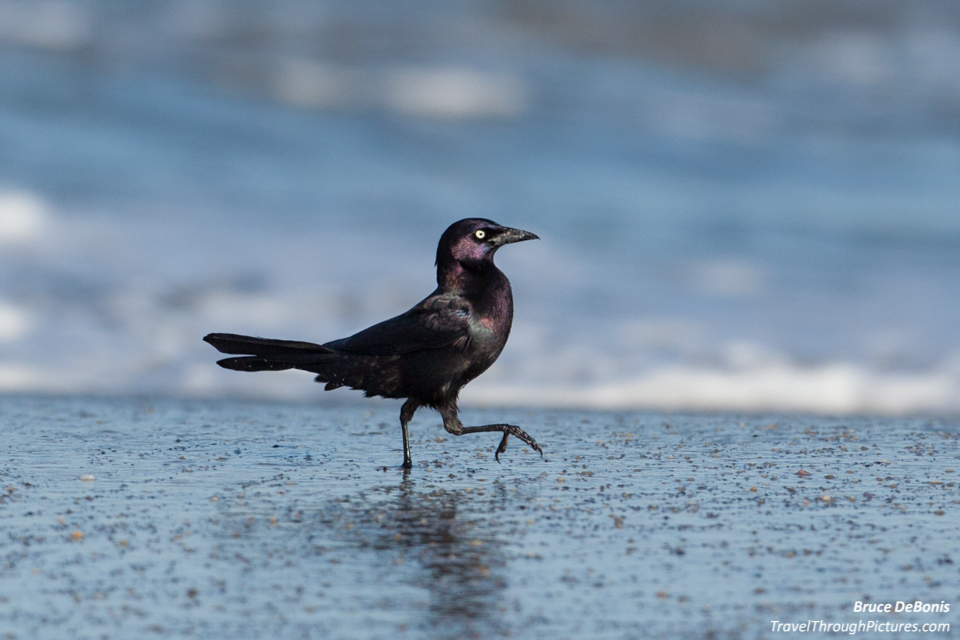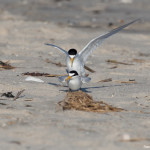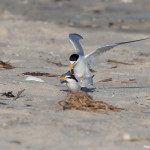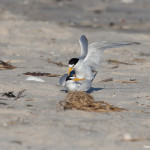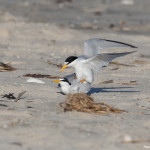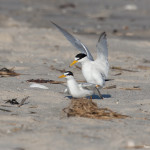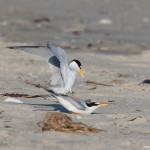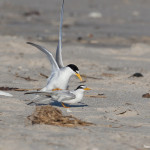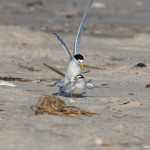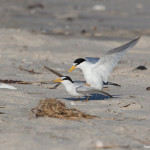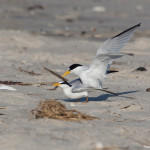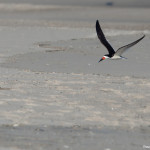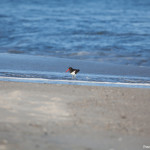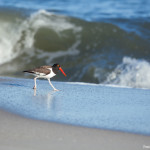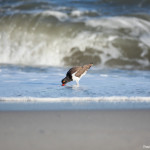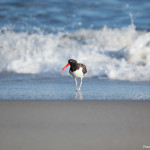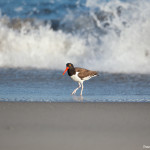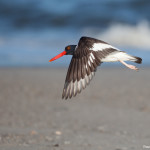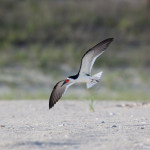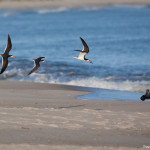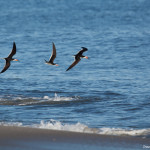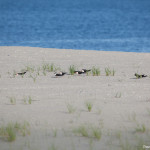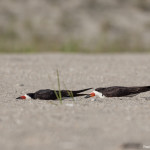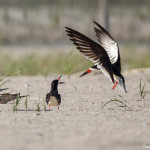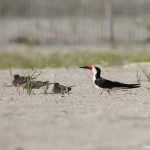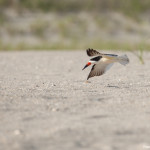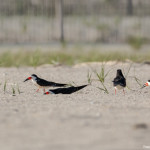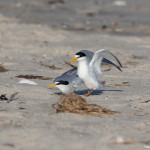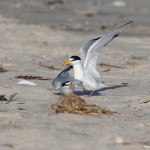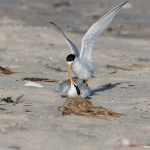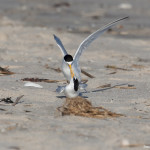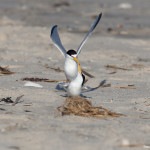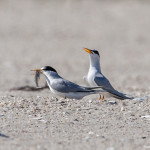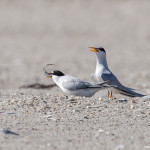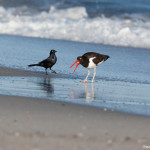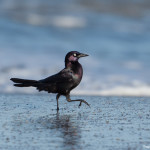A Day in Cape May NJ
It was a great day in early June and I wanted to take pictures. Hmmm….. where to go? Well, New Jersey’s beaches in summer can be a fantastic source for bird photography. New Jersey protects endangered species by closing and or roping off sections of beach to allow the birds to mate, nest, and crap without dopey tourists and sunbathers disturbing them. I remembered that in Cape May, on the beach near the lighthouse, there is a long stretch of beach reserved for Piping Plovers, Least Tern, and Black Skimmers.
Specific New Jersey Beaches are closed from May 7 to June 7 and they offer fantastic photography opportunities if you have a long lens and are willing to walk some distances in sand lugging your equipment. Click here for a map of these areas.
Despite these protections, I have witnessed moron dog owners chase their dogs through these areas…. just awful. I really don’t understand how dopes can be this way. Here are a few words from the New Jersey Department of Environmental Protection Division of Fish and Wildlife:
“Without active protection these birds would probably disappear from our beaches. The Division of Fish and Wildlife’s Endangered and Nongame Species Program, as well as other government agencies and conservation organizations, protect beach nesting birds in a variety of ways. Biologists locate nesting areas that are then protected with fence and posted with signs to alert people of the birds’ presence. Individual Piping Plover nests are sometimes protected with predator “exclosures”, wire cages that help keep predators away from eggs and just-hatched chicks. Employees and dedicated volunteers patrol the beaches to monitor nesting areas and speak with beach goers about what they can do to help protect the birds.
If you ignore signs or enter fenced areas, you may accidentally step on the camouflaged eggs or chicks. If disturbed, parent birds will leave their nests, exposing eggs or chicks to deadly heat or predators. Exposed eggs or chicks can die in minutes on a hot summer day. Dogs may chase or harass adults and chicks, sometimes even eating or stepping on chicks and eggs. Prolonged disturbance of young chicks can interrupt their feeding and lead to starvation or increase the likelihood of predation.”
Some Racy Pics!
If you are into watching the nature of nature behaving naturally, you will get off on some of the pics above. I observed these two terns go at it for a good twenty minutes. What I learned from this is that I am going to start eating sushi more!
A Surprise!
Check out this Grackle high stepping in the surf. What a hoot he was to watch!
The Equipment:
- Canon 5D MkII
- Canon 24-105 L f/4.0 IS
- Canon 500mm L f/4.0 IS
- Gitzo 3530LS carbon fiber tripod
- Wimberley II gimbal head
- LightRoom 5.2

